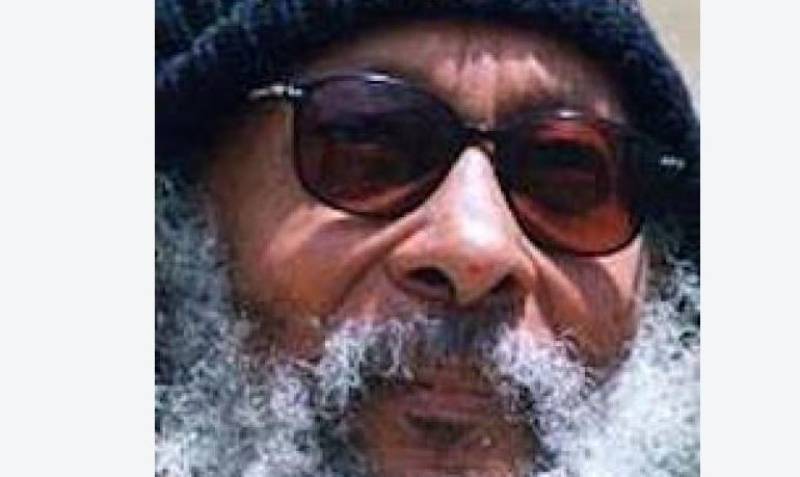×
The Standard e-Paper
Home To Bold Columnists

Sometimes in the 1980s, a Barbadian writer Edward Brathwaite (pictured) arrived in Kenya for the second time to visit his long-time friend and celebrated author Ngugi wa Thiong’o in Limuru.